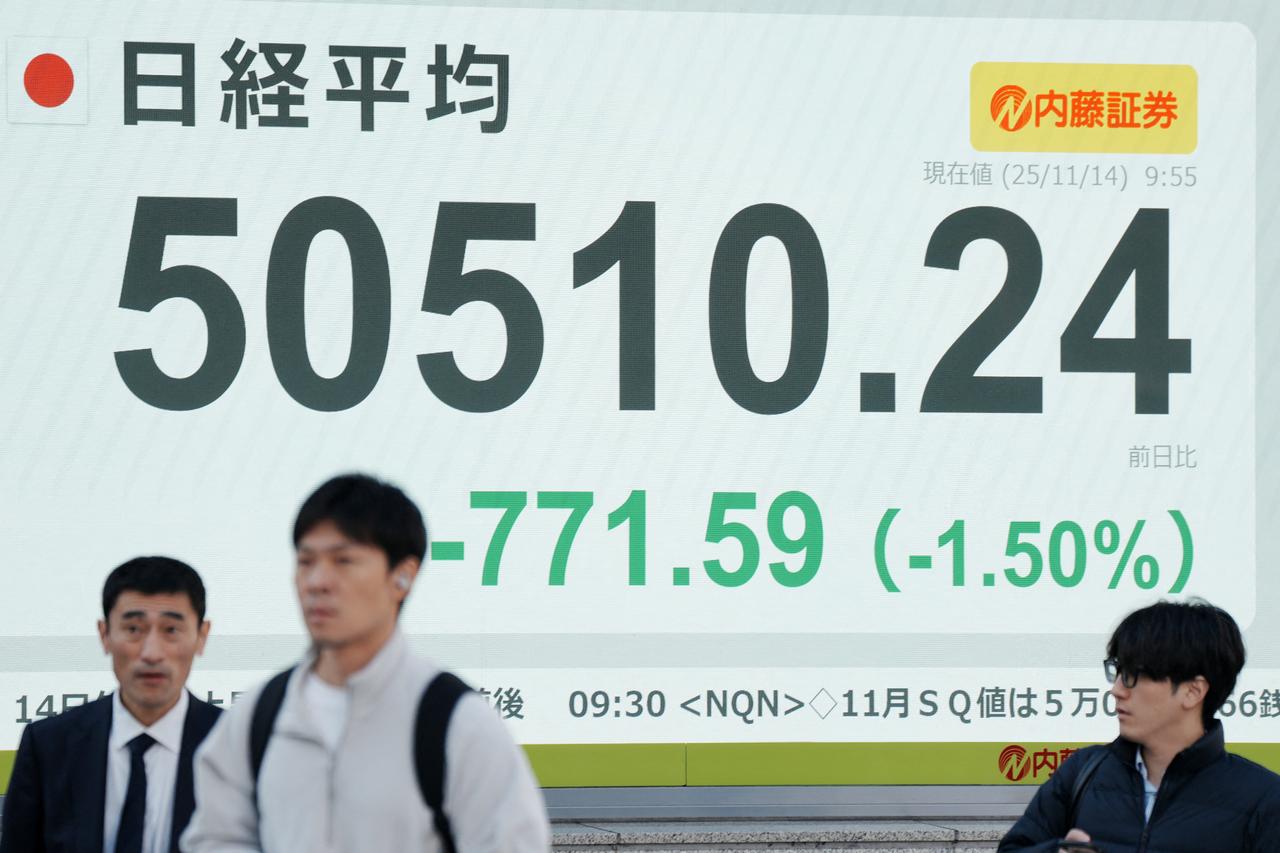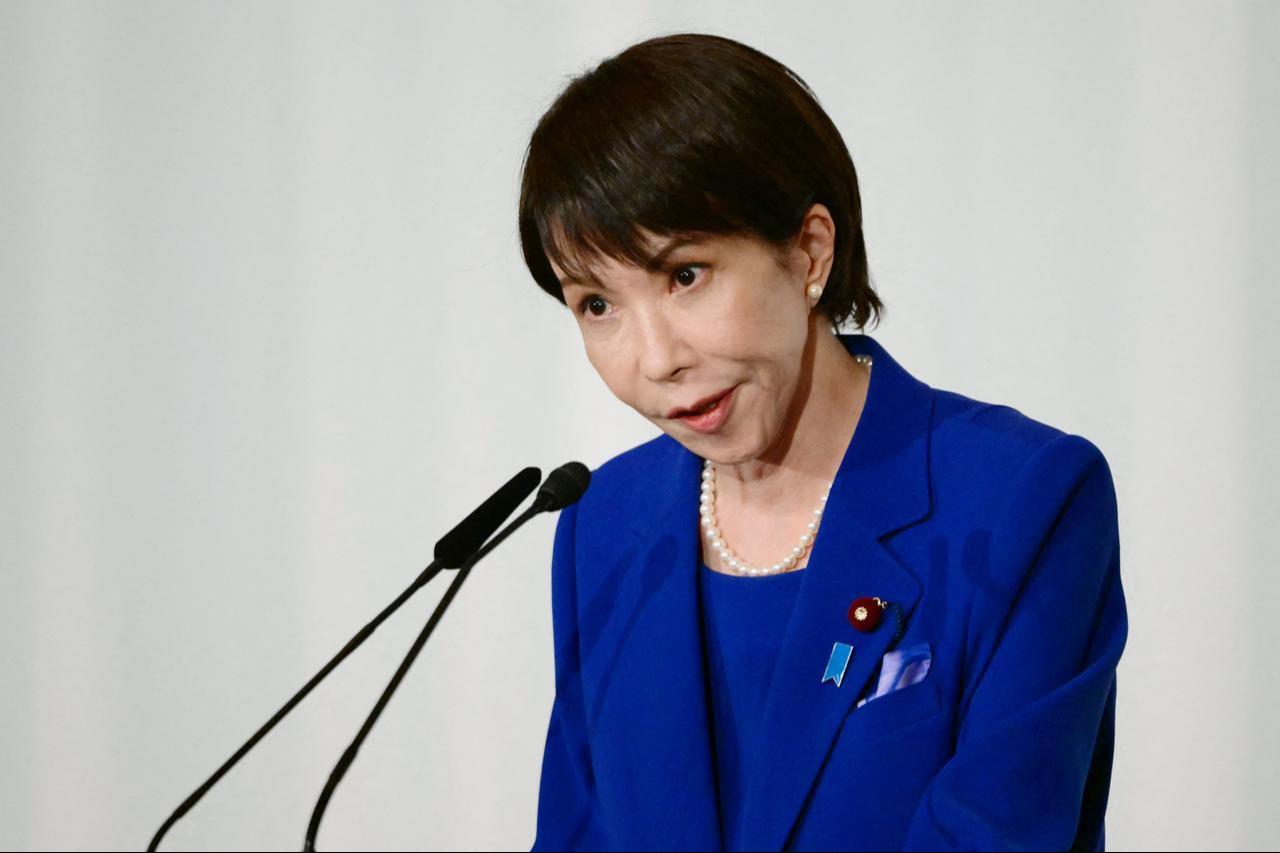
The world’s fourth-largest economy, Japan, saw its gross domestic product (GDP) fall 1.8% year-over-year in the July–September quarter and 0.4% on a quarter-over-quarter basis, marking the first quarterly contraction since the first quarter of 2024.
Government data indicated that weaker residential investment contributed to the contraction in domestic demand. External demand—measured as net exports—also fell 0.2% quarter-over-quarter, reflecting reduced overseas shipments and pressure from higher U.S. trade tariffs.
Japan’s 10-year government bond yield rose to 1.73%, its highest level since June 2008, indicating that investors are demanding higher returns for holding Japanese debt.
Prime Minister Sanae Takaichi, who became Japan’s first woman premier in October, has instructed her cabinet to draft a new fiscal stimulus package that includes increased government spending or tax relief to boost economic activity. Finance Minister Satsuki Katayama said the plan would exceed 17 trillion yen (about $110 billion), with cabinet approval expected on Friday.
On the other hand, Tokyo recently reached an agreement with Washington that reduced general U.S. tariffs on Japanese goods from a planned 25% to 15%. However, Japanese automobile exports continued to face a 27.5% tariff until the lower rate took effect in mid-September.

Asian markets reacted negatively to Japan’s gross domestic product (GDP) data, with the Nikkei 225 falling below the 50,000 mark, recording a 0.74% loss at its intraday low.
Adding to the weak economic indicators, Chinese stocks also declined as diplomatic tensions between Tokyo and Beijing intensified. The Shanghai Composite and CSI 300 indices were down 0.6% and 0.7% respectively, while Hong Kong’s Hang Seng index fell 0.7%. China warned its citizens over the weekend to avoid traveling to Japan, following remarks by Prime Minister Sanae Takaichi suggesting that a Chinese attack on Taiwan could trigger a military response under "collective self-defence."
The warning drew a strong reaction from Beijing, and while media reports indicated that tourism-related stocks in Japan suffered sharp losses, the Nikkei 225 later pared its decline to close just 0.1% lower.